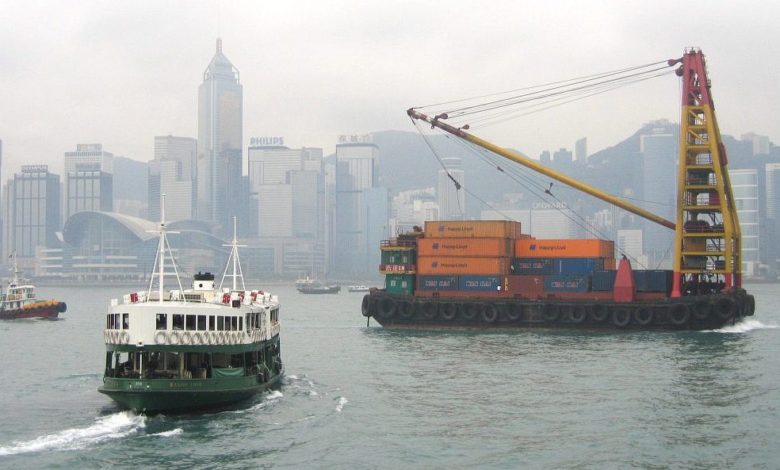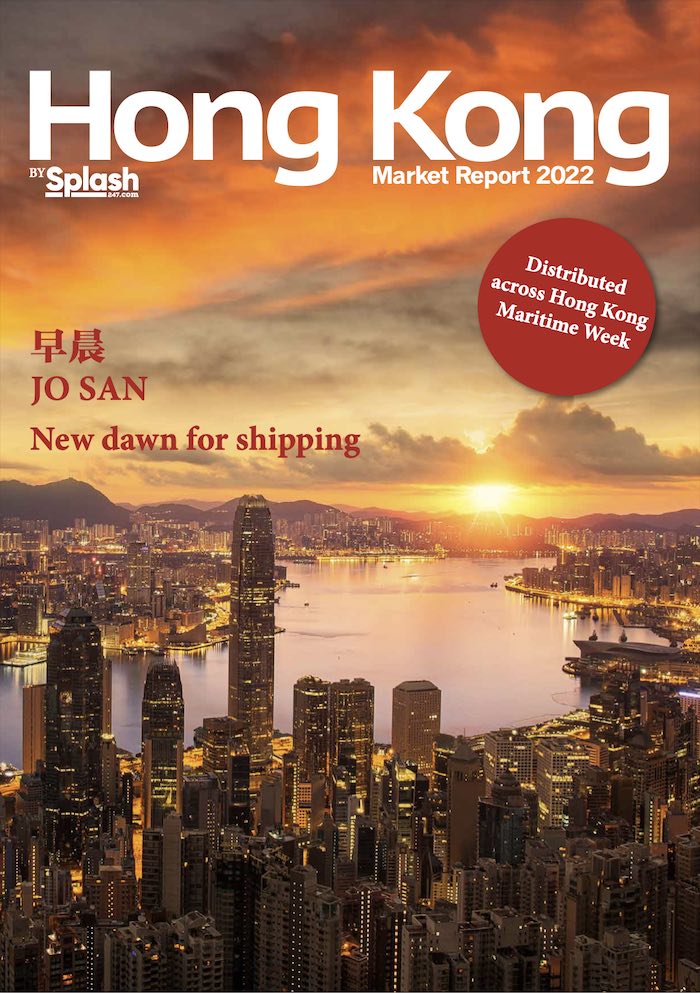Hong Kong: Where will the next generation in maritime come from?

What should Hong Kong maritime be doing to ensure it gets its share of the brightest and the best? The third instalment in our recently published Hong Kong magazine.
The war for talent is relentless. Sadly for Hong Kong the pandemic, combined with its relatively new tough national security law, have seen one-way plane tickets become prized items. The brain drain from the Cantonese entrepôt has been extraordinary – the city’s population declining in numbers not seen for more than six decades.
More alarmingly for the city’s shipping community is that while many shipowners and managers remain, much of their operations departments have decided to relocate, a wealth of expertise has been hollowed out.
There’s then the issue of attracting the local youth to a career in maritime, something that becomes more tricky as the years go by.
The instant gratification, not to mention rewards, which are increasingly demanded of new entrants to the workplace, combined with people wanting a better work/life balance have meant that long days learning the ropes followed by equally long evenings studying for shipbroker or insurance exams are not being embraced to the same degree as in the past.
In days gone by, management trainee schemes gave a career path. These are increasingly rare. The past couple of years of working from home have caused untold damage to many at the early stages of their career as they have not had the mentoring and hands-on training which are so essential to get to grips with any business, not just shipping. With the ability to build personal relationships at the heart of the shipping industry, the lack of social interaction has seriously damaged further career development, whilst doing job interviews remotely is no replacement for face-to-face contact and in many cases has proved a recipe for disaster.
Hong Kong’s liveability score has been plunging in response to unscientific covid restrictions and perceptions around the national security law
Gautam Chellaram, executive chairman at local dry bulk concern KC Maritime, reckons it ought not to be that difficult to attract youth into shipping – it’s more a question of how to frame that entrance.
Chellaram says since the industry’s two biggest challenges are digitalisation and decarbonisation, a focused start-up strategy in these areas should attract and nurture young talent, something that is championed by the creators of The Captain’s Table, the Special Administrative Region’s outstanding maritime tech pitch competition.
“Increased partnership with universities both for R&D and for talent is necessary. Both financial and policy support are necessary to make such ventures attractive,” Chellaram tells Splash.
Wellington Koo, chairman of the Hong Kong Shipowners Association (HKSOA), argues that local authorities should build into the secondary school curriculum greater awareness of Hong Kong’s position as an international maritime centre, while local university students in different disciplines such as business, law and engineering ought to be made more aware of the many opportunities in ship finance, marine insurance, maritime law and marine engineering.
The HKSOA chair also calls for more support for local universities and the Vocational Training Council for the development of relevant courses and training and skill-enhancement programmes.
Angad Banga, likely successor to Koo at the HKSOA, is in agreement that more needs to be done to promote maritime at high school and undergraduate level.
“To attract talented students to our industry, as an industry we should consider partnering with universities and relevant education and youth affairs government departments to position the industry as a viable long-term career path for a range of disciplines,” Banga, chief operating officer at The Caravel Group, says, adding: “As an industry, we need to do a better job of educating the future generations of Hong Kong that a thriving career can be built in the maritime industry, through multiple different disciplines.”
We need to do a better job of educating future generations that a thriving career can be built in the maritime industry
Bjorn Hojgaard, Koo’s predecessor at the HKSOA as well as being the CEO of shipmanager Anglo-Eastern, says all bets are off until covid restrictions are less onerous.
“The commercial principals in Hong Kong are offering attractive terms for both local and foreign talent, but Hong Kong’s liveability score has been plunging in response to unscientific covid restrictions and perceptions around the national security law. Hong Kong’s future as a shipping hub is dependent on the choices it makes in these areas; with industry specific measures of secondary importance,” Hojgaard says
For Vinod Sehgal, the CEO and managing director of another Hong Kong-based manager, SeaQuest Shipmanagement, costs remain a severe issue in the talent debate.
“The four pillars on which talent is usually attracted are compensation package, safe environment, health infrastructure and education and housing,” Sehgal maintains.
“While Hong Kong seems to be doing generally well on three of these,” he says, “they need to work on improving and lowering the costs of education and accommodation. This may be easier said than done but one way would be to increase compensation and reduce taxes.”
This article appears in Splash’s Hong Kong Market Report 2022, distributed across multiple events at Hong Kong Maritime Week. Splash readers can access the full magazine for free by clicking here.


I don’t have any comments on this field but I would say thank you for continued support and helping other seafarers.